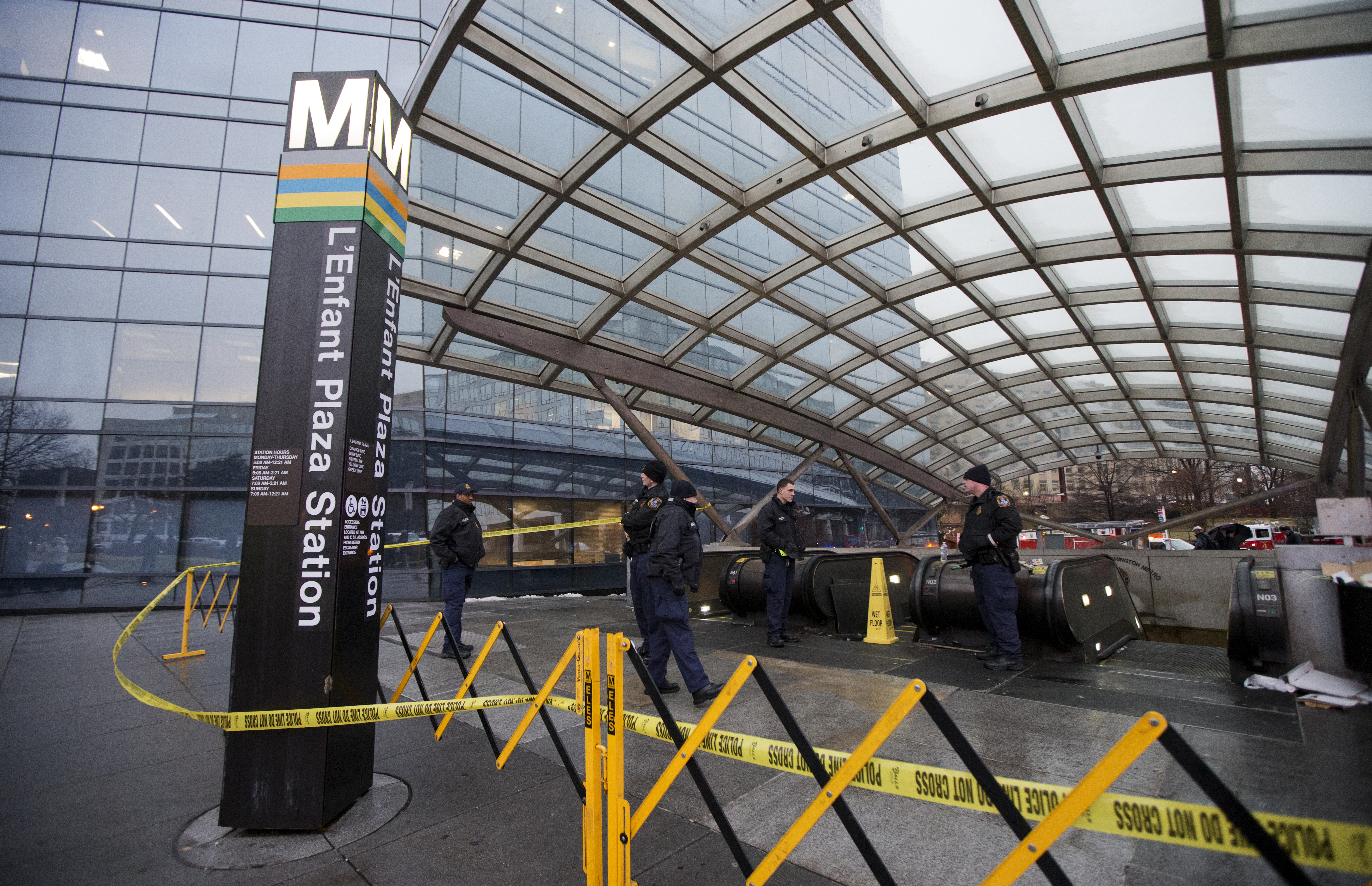WASHINGTON — Metro’s failure to focus on safety in its troubled rail control center following Carol Glover’s death has still not been fixed, leading U.S. Transportation Secretary Anthony Foxx to threaten a system shutdown.
On Thursday, Metro Chief Safety Officer Patrick Lavin said it would take an imminent risk for him to make that kind of suggestion to his boss, Metro General Manager Paul Wiedefeld.
“You would need to have the potential for the same type of catastrophic event,” Lavin said.
Wiedefeld said he’s sure Foxx would consult Metro before any shutdown or other incident.
The relationship between the Federal Transit Administration and its leaders and Metro appears strained amid debates over track work plans and the best ways to address safety fixes. Wiedefeld said he was texting the FTA’s leader during a Metro Board committee meeting Thursday.
Sources say the problems in the Rail Operations Control Center, which functions essentially like air traffic control for the rail system, could be even worse than revealed by a Saturday FTA order that prompted Foxx’s shutdown threat.
The FTA said the controllers blocked Metro workers and federal investigators for hours from getting onto the tracks where an insulator had exploded, instead keeping trains running through a potentially dangerous area. Eventually, Metro leaders saw video of the incident and heard another report of smoke and a stretch of the Blue, Orange and Silver lines was shut down for the evening rush.
The documented problems in the rail control center include failures to follow radio protocols, leading to confusion and trains running red signals or putting workers and riders at risk; and actions that put a focus on keeping trains moving even in situations where there could be safety concerns.
Wiedefeld said all relevant workers across the system will go through a two-hour safety training as part of a federally mandated safety stand-down that will emphasize the need for safety to come first. He held a similar meeting with Metro managers earlier in the week.
Wiedefeld has addressed another part of the FTA directive by slowing trains down on the busiest stretches of tracks downtown, something that Metro apparently considered about a year ago but discarded, at least in part, because of the impact it could have on service.
The FTA issued a separate directive Wednesday regarding track work that could lead to changes in the order of Metro’s 24/7 single-tracking stretches or shutdowns. Wiedefeld says the plan, in some form, is still expected to begin in a few weeks.
The first sign for riders will be the end of late-night service on Friday nights and Saturday nights after Memorial Day. The system will close at midnight Friday for the first time in years at the end of the service day on June 3.






